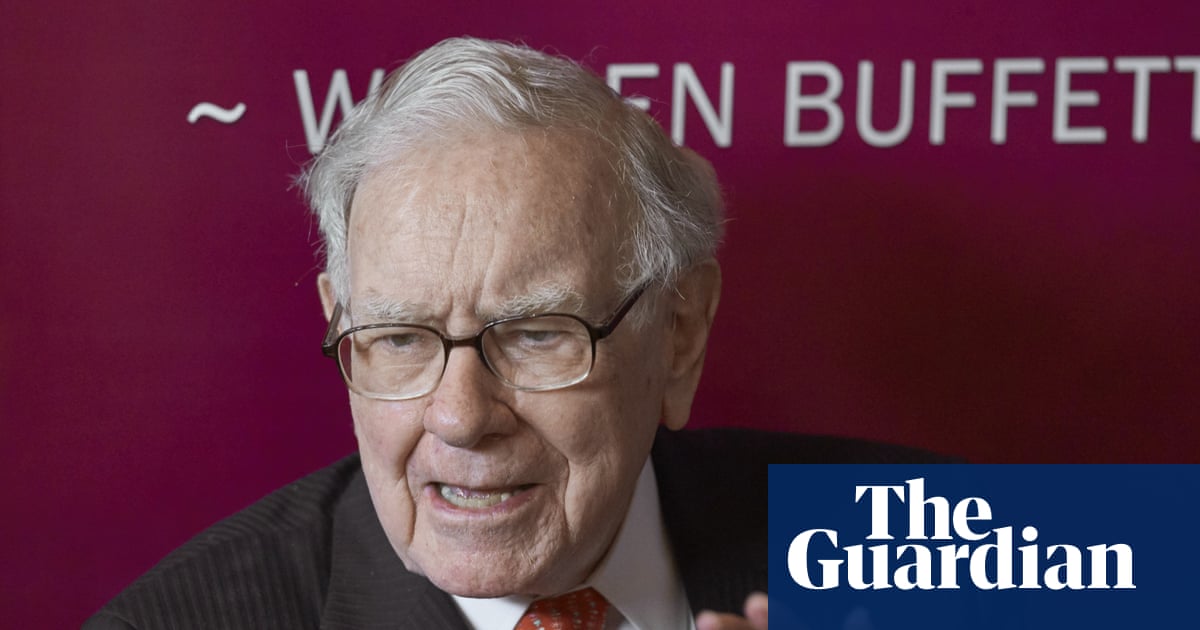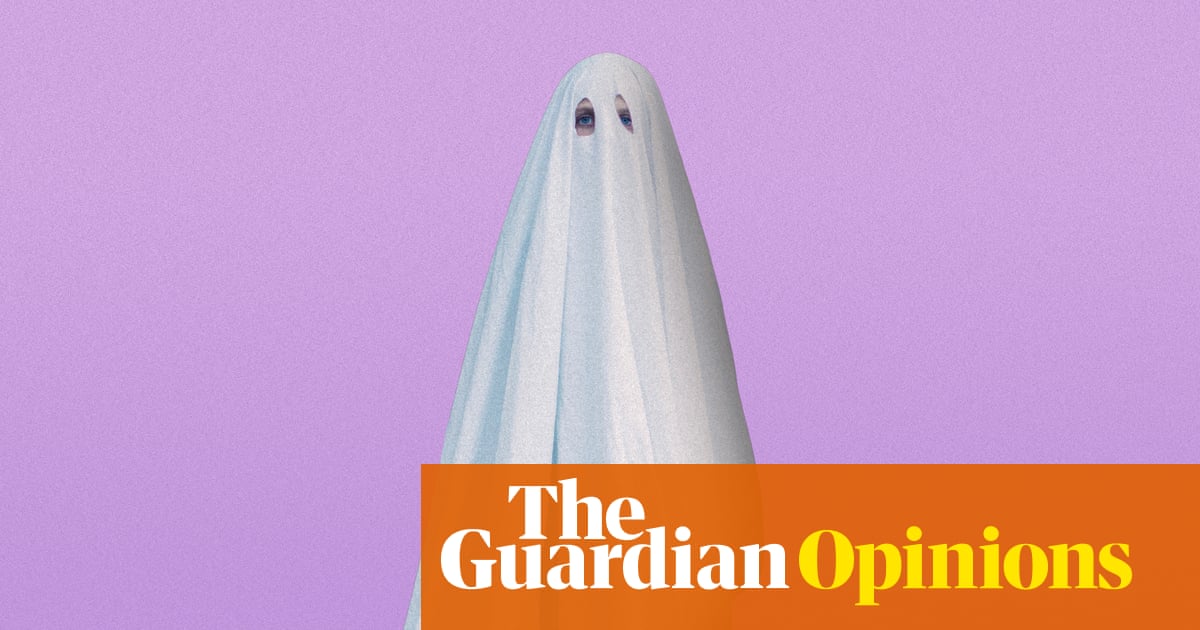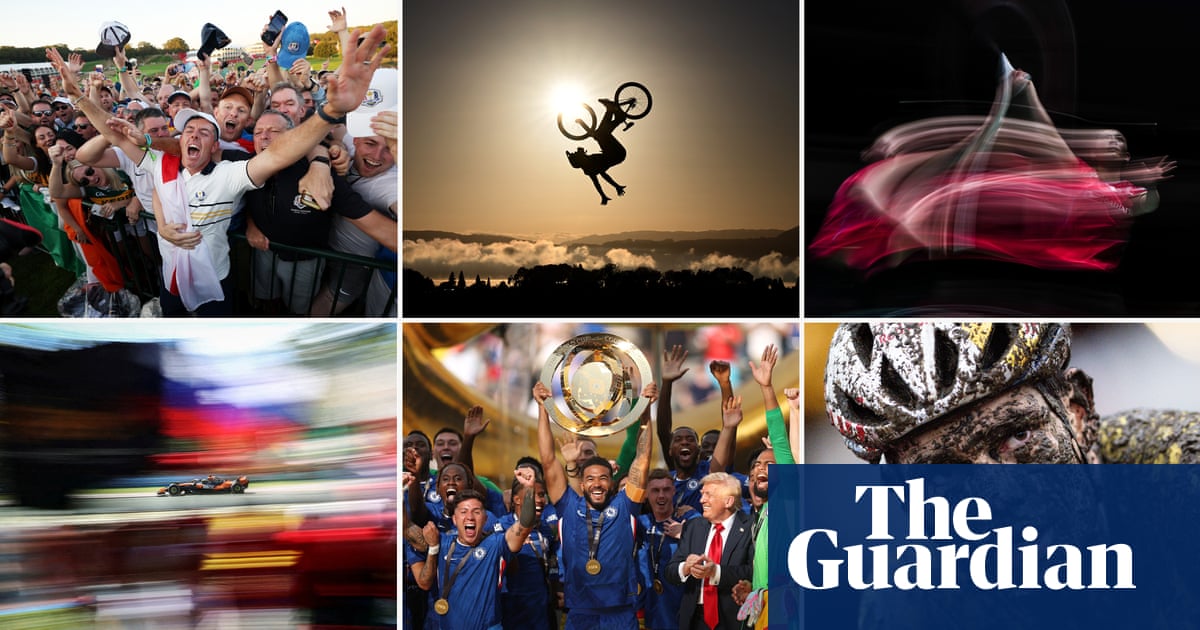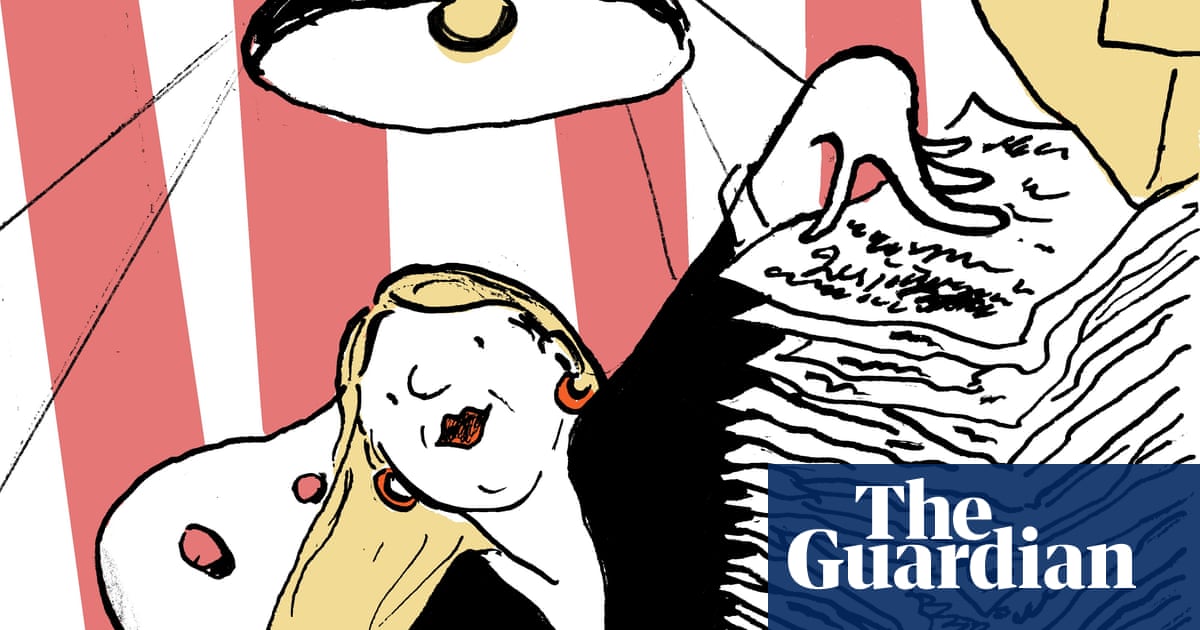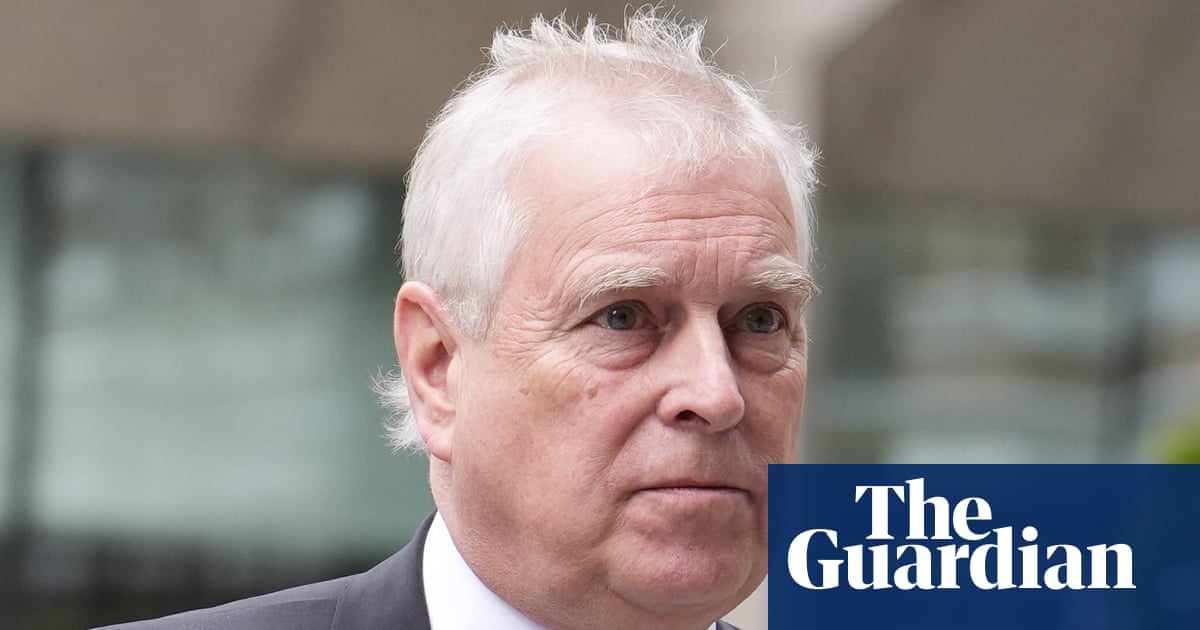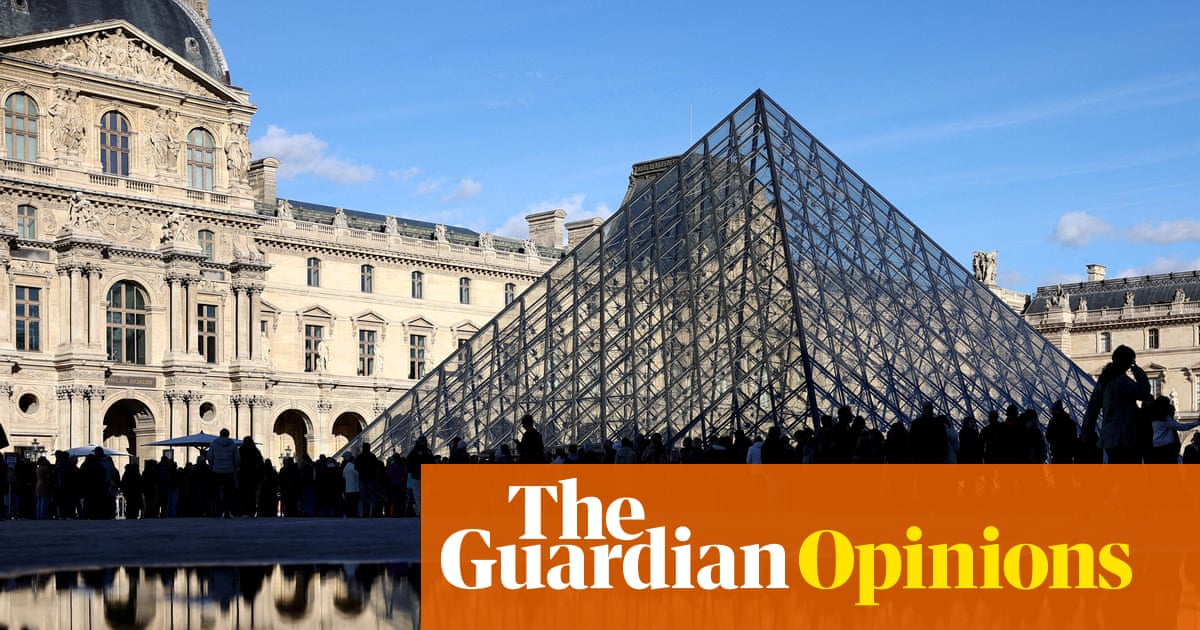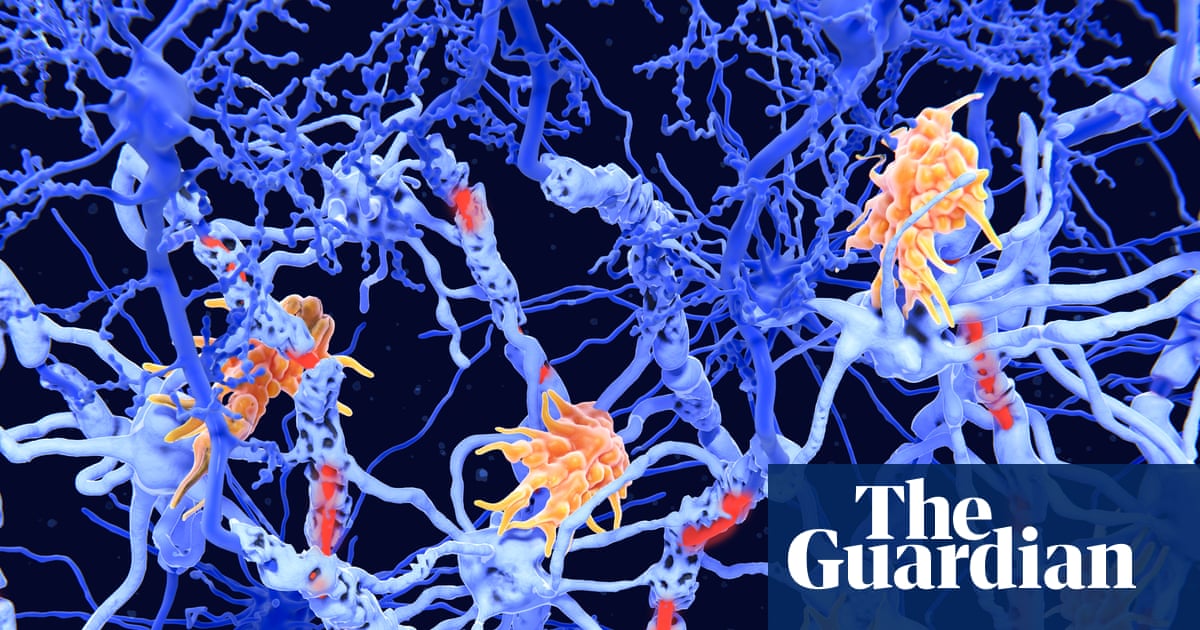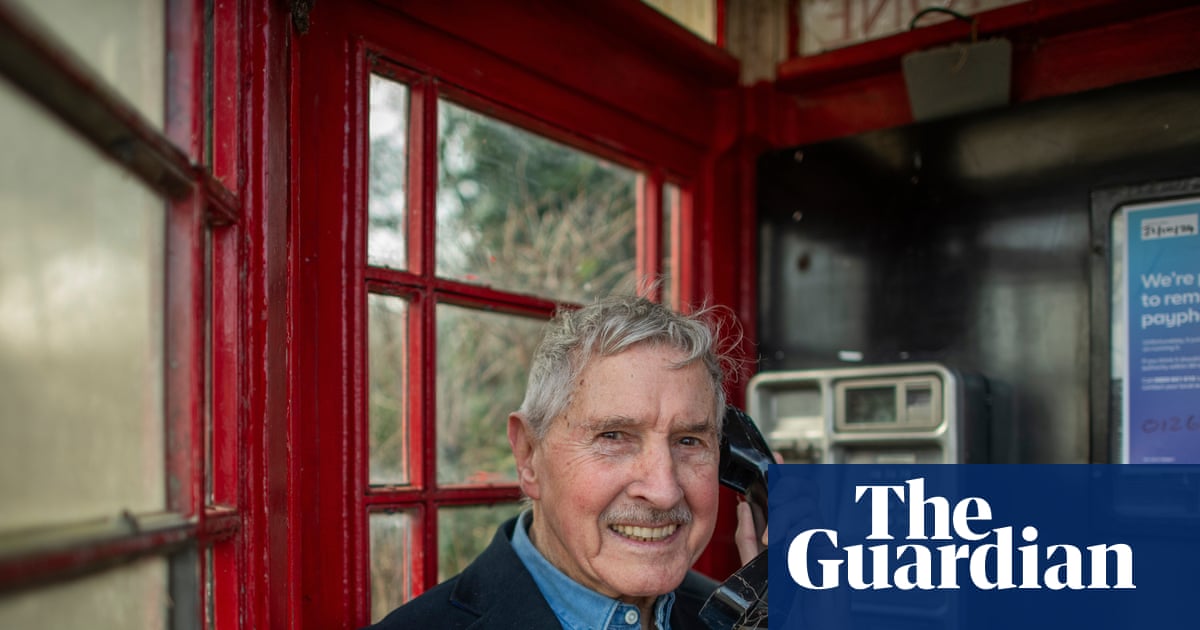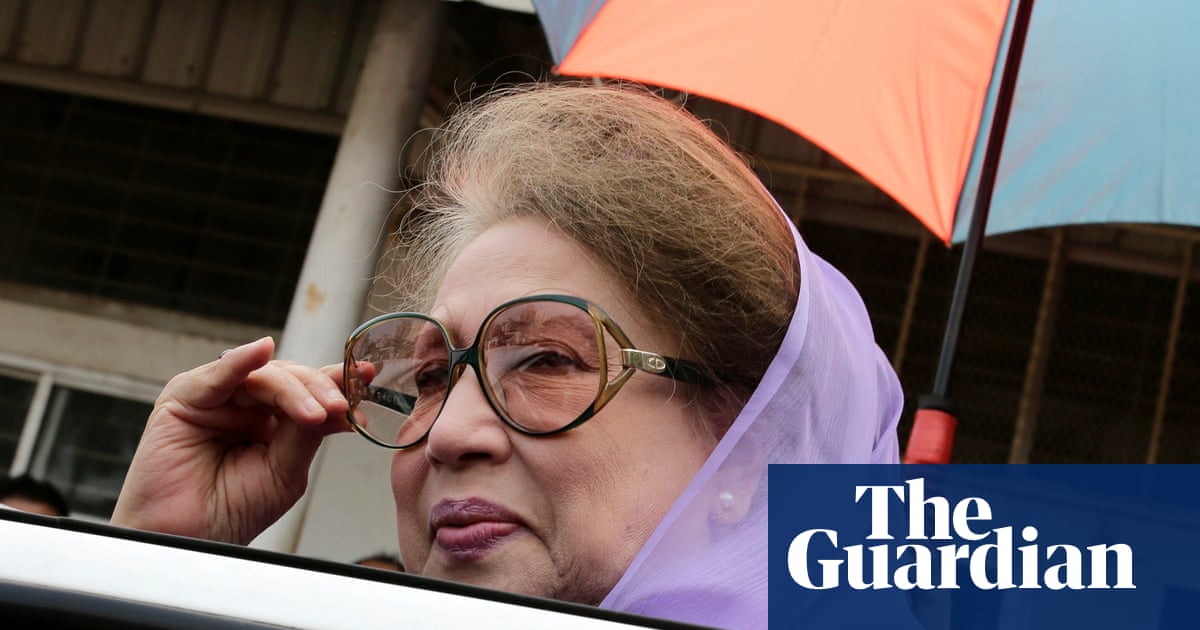My cell is painted green, the same colour we once used in the newsroom. Two benches and a table are bolted to the floor. Nothing moves. The bed is narrow, but I haven’t fallen out yet. When I was free, but already expecting arrest, I used to joke that prison would give me the time I always lacked – finally, I could read. But here in Rustavi Women’s Colony No 5, I have almost lost my eyesight. So now I write in encroaching darkness, about the darkness that is falling across my country, Georgia.
The only window in my cell sits high up near the ceiling. On my 50th birthday, my friends and colleagues assembled on a hill opposite the prison to hold up posters and balloons. I climbed on to a chair but couldn’t quite see. I watched their greetings on the news later.
For the past eight months, this has been my life under Georgia’s repressive regime: one that seeks to silence journalists, erase dissent and break our spirit. On 12 January 2025, I was arrested on charges of “attacking a police officer” during a demonstration. I spent almost seven months in pretrial detention while the case was heard. On 6 August, the judge reclassified the charge, and I was ultimately convicted of the lesser offence of resisting an officer, receiving a two-year prison sentence. This gives me the dubious honour of being the first female journalist imprisoned in Georgia for politically motivated reasons since the country’s independence in 1991. I was offered a plea deal – an admission of guilt in exchange for a lighter sentence – but I refused. To reconcile with injustice is to be buried alive.
I had to find new ways to protest against the injustice this regime has subjected me to. I remember cutting off my braid shortly after I was imprisoned. They lent me scissors for two minutes, standing right at the door of the cell, watching how I used them. Back then, they offered me many things, but I took only 10 litres of water. I was on a hunger strike for the first 38 days. I am now writing this letter to send to the offices of Batumelebi, the outlet I co-founded, where my friends and colleagues continue the fight in my absence.
I have moments of weakness. Sometimes my eyes fill with tears. But I try not to stay in that state for long. The truth is, I have no other choice: this illegitimate government is trying to abolish journalism, the profession to which I have devoted 25 years of my life. My colleagues are in mortal danger simply for doing their job. For me to stay silent now would be to betray them, myself and about 60 other political prisoners in Georgia today. Outside these prison walls, people have taken to the streets for nine months straight. Holding EU flags aloft, they have been drenched by water cannon, suffocated by teargas and brutalised by riot police. Yet they refuse to surrender. Their determination is our hope.
We have faced stark existential choices before. In 1921, Georgia’s short-lived democratic republic was swallowed by Russia, with the help of Georgian Bolsheviks. Back then, the youth also fought valiantly in the streets, only to disappear for the next 70 years under the shadow of Soviet domination. Now history threatens to repeat itself, with Russia pulling us back into its orbit, aided by collaborators within our own government. The regime dances to the tune of the oligarch Bidzina Ivanishvili, who made his fortune in Russia and continues to advance its interests. The regime has abandoned our European path and adopted the tools of Russian rule: propaganda, repression, corruption and fear.
But Georgia is not Russia, and Georgians have consistently demonstrated resilience. Despite being invaded by Russia in 2008, and the ongoing arrests and kidnappings of our citizens in the Russian-occupied territories of South Ossetia and Abkhazia, we still choose Europe. The youth of Georgia are leading this fight against exhaustion, against despair and against the cold calculation of those who would sell our freedom.
What can be done? Support Georgia’s beleaguered civil society and our independent media. Do not punish ordinary citizens by revoking visa-free travel. Target those truly responsible: Georgian Dream party officials and their business networks. Speak out for the people in the streets, for the journalists behind bars, for a society that refuses to bend.
Offering your support to Georgia is not only an act of solidarity – it is the pragmatic choice. Another repressive regime in the neighbourhood would endanger Europe’s own security. To abandon Georgia now would be to reward Russia’s aggression.
Georgia’s national motto is “strength is in unity”. For me, being part of the EU means sharing in and contributing to that strength. We belong not in the Russian world of dictatorship and fear, but in the European family of free nations. From my cell, I can see more clearly than ever that Europe is not just about geography, it is about values: dignity, justice, equality and solidarity. And in Georgia, we are fighting for those values with everything we have – with our pens, our voices and our bodies on the streets.
after newsletter promotion
Our struggle is part of Europe’s struggle, as Ukraine’s struggle is part of Europe’s struggle. And I ask you, our European friends: do not let go of our hand. Together, we can defeat the darkness and ensure that freedom prevails. Because freedom, truly, is more valuable than life.
-
Mzia Amaghobeli is the co-founder of independent Georgian media outlets Batumelebi and Netgazeti

 3 months ago
48
3 months ago
48
